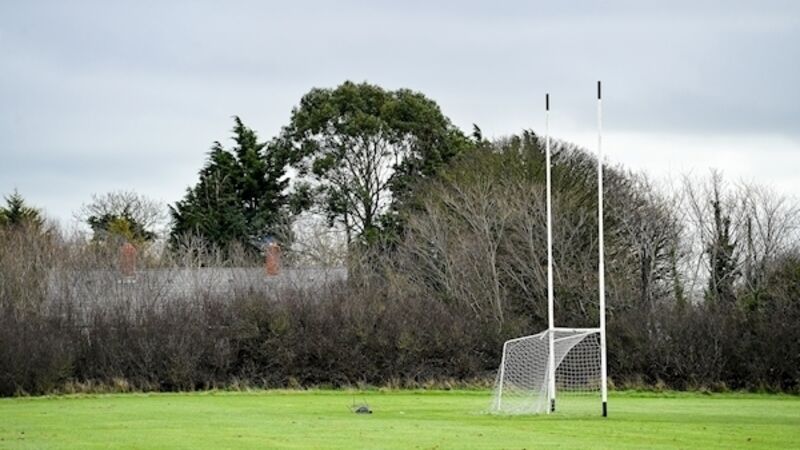GAA can't afford cost of mass test, says Limerick's Cregan

Limerick chairman John Cregan says the expense involved in mass testing players for Covid-19 is too prohibitive for the GAA to finance alone.
Following up senior hurling manager John Kiely’s assertion in this newpaper last week that it would be safer for the county season to resume ahead of the club due to smaller numbers, Cregan says it’s “a fair point” but highlights several complications.











